Explainer: What is Iran’s nuclear doctrine and what will happen if it changes?
By Press TV Website Staff
Amid escalating regional tensions, a high-ranking official from Iran's Islamic Revolution Guards Corps (IRGC) has signaled that Israeli provocations could prompt a reassessment of Iran's nuclear doctrine.
Brigadier General Ahmad Haghtalab, responsible for the security of Iranian nuclear facilities, declared on Wednesday that "the threat" of an Israeli attack on Iran's nuclear facilities could lead Tehran "to revise and deviate from the previously declared nuclear policies and considerations".
His remarks came against the backdrop of inflammatory rhetoric by Israeli regime officials that they intend to carry out another attack on Iranian soil, with nuclear sites as one of the possible targets.
The rhetoric has reached a fever pitch after Iran carried out a retaliatory military operation ‘True Promise’ in the early hours of Sunday in response to the cowardly attack on the Iranian consulate in the Syrian capital of Damascus on April 7.
The attack on the consulate, which was widely condemned across the world as it breached international law and the Vienna Conventions, led to the assassination of seven Iranian military advisors, including two high-ranking IRGC commanders.
Haghtalab pledged a strong response to any Israeli aggression targeting Iran's nuclear infrastructure.
“If the Zionist regime wants to take action against our nuclear centers and facilities, it will definitely and surely face our reaction,” he stated in a video circulated widely.
Ahmad Haghtalab, senior commander of the Islamic Revolution Guards Corps’ unit safeguarding Iran’s nuclear sites, warns that Iran will respond in kind to any Israeli military attack on its nuclear facilities. pic.twitter.com/jzYi9ghS7a
— Highlights (@highlightsnews1) April 19, 2024
What is Iran’s nuclear doctrine and what does it entail?
Iran's nuclear endeavors date back to the 1960s under the US-backed Pahlavi regime, which embarked on nuclear development with handsome Western support.
The current nuclear doctrine of Iran, in effect since the 1979 Islamic Revolution, emphasizes the peaceful application of nuclear technology that conforms with the Nuclear Non-Proliferation Treaty (NPT), as the Islamic Republic is one of the signatories of the multilateral treaty.
Allows the use of nuclear energy for non-military purposes while forbidding the development of nuclear weapons. However, many Western countries party to the NPT have engaged in proliferation.
The same Western countries have for years falsely accused Iran of building nuclear weapons even though the International Atomic Energy Agency (IAEA) has an active mission in Iran.
IAEA inspectors closely monitor Iranian nuclear activities and have never reported any development that would point to nuclear proliferation of alarming proportions.
Iranian nuclear agency has repeatedly maintained that its nuclear program is entirely for peaceful, energy purposes and it does not intend to enrich uranium up to weapons grade.
This policy is rooted in the instructions of the Leader of the Islamic Revolution who has time and again emphasized that Iran is not eyeing nuclear weapons even though it can if it wants.
In his meeting with then-Japanese premier Shinzo Abe in June 2019, who had come with a message from Washington, the Leader of the Islamic Revolution made it emphatically clear that Iran’s nuclear doctrine prevents the country from developing nuclear weapons.
“America could not do anything to stop it” if the Islamic Republic wanted, Leader said at the time.
Nuclear weapons are not compatible with Islam and the teachings of the Holy Quran as well as the ideology that lies at the heart of the Islamic Revolution that was led by Imam Khomeini.
This position has been reiterated in various public statements and speeches by the Leader and other Iranian officials, reflecting a moral stance that deems nuclear weapons as inherently immoral and their deployment as an egregious sin.
This fact has even been attested by the UN nuclear agency as well as the US intelligence agencies.
Why did Iran ramp up its uranium enrichment?
Under the 2015 nuclear accord reached between Iran and the world powers, some sanctions previously imposed on Iran were removed in return for limitations on its nuclear activities.
As a responsible and law-abiding country, Iran agreed and abided fully by the multilateral agreement. It scaled down its uranium enrichment to 3.6 percent purity as required under the accord.
However, the deal's integrity was compromised when Trump withdrew from the agreement in May 2018 and reinstated sanctions. His eccentric move was even decried by American hawks.
After that, Iran urged other signatories of the Joint Comprehensive Plan of Action (JCPOA) – the Europeans – to abide by their commitments and salvage the deal.
The European Troika (UK, France, Germany) failed to do anything under the pressure of the US.
After a wait of one year, Iran gradually started to ramp up its nuclear enrichment activities, while emphasizing that its actions are reversible if the other parties fulfill their commitments.
Hence, the Islamic Republic, which fully adhered to the deal, was forced to take a step back, citing provisions within the agreement that permitted reciprocal measures in response to non-compliance.
Nevertheless, Iran has repeatedly stressed the peaceful nature of its program, as testified by the International Atomic Energy Agency, the UN nuclear watchdog, numerous times.
IAEA inspectors as well as the agency chief Rafael Grossi regularly visit Iran and take stock of the proceedings and they have so far failed to notice any divergence in the country’s nuclear program.
How are nuclear activities of Iran and Israel different?
Israel is one of the biggest nuclear powers in the world today. It initiated its clandestine nuclear program in 1952 with technological support from the US and France in breach of the protocol.
The regime is believed to have developed its first nuclear weapons somewhere around 1967-1968. After that, the production of nukes accelerated at a rapid pace, with Western support.
According to various estimates, the Tel Aviv regime today possesses more than a hundred nuclear warheads with enough plutonium to produce at least 200 nuclear weapons.
Despite its illicit nuclear program being an open secret, the regime has stubbornly refused to confirm or deny it. Even its Western sponsors have been tight-lipped about it, always jumping in defense of the regime and its destabilizing activities in the West Asia region.
According to observers, what has emboldened the regime to speed up its illegal and secret nuclear activities, while refusing to be a party to the NPT, is the patronage of Western states and the Zionist lobbies in the West.
The two countries most critical of Iran’s peaceful nuclear program are also Israel’s closest allies – the US and France. These two UN veto-holding countries helped the regime develop its nuclear program, with France providing it with weapons-grade fissile material stocks in the early 1960s and the US in the late 1960s.
Importantly, Israel is not a signatory to NPT and it has repeatedly turned down calls to join the keystone accord of the international arms control regime and also refused to give UN nuclear agency inspectors access to its nuclear sites.
Despite that, the UN nuclear agency has adopted a velvet glove approach to Israel, evidently under Western pressure. IAEA chief Rafael Grossi’s unannounced trip to Tel Aviv ahead of the UN nuclear agency’s board of governors meeting in Vienna last year was another evidence of the collusion between the regime and the agency.
The Islamic Republic of Iran, on the other hand, claims its rights under Article IV of the NPT to pursue a peaceful nuclear program for peaceful energy purposes.
What will happen if Israel strikes Iranian nuclear sites?
As Brigadier General Haghtalab categorically stated on Thursday, the hand is on the trigger in the event of any Israeli military action against Iranian nuclear facilities.
President Ebrahim Raeisi, speaking at the Army Day parade in Tehran on Wednesday, also conveyed the warning in unequivocal terms, saying any “slightest aggression” will be met with “harsh response.”
Foreign Minister Hossein Amir-Abdollahian has also repeatedly reiterated the warning since Saturday. He made it clear to counterparts on the sidelines of the UNSC meeting in New York.
His political deputy and Iran’s lead nuclear negotiator Ali Bagheri Kani, in an interview on Wednesday, said the response this time will be “within seconds”, not in 12 days.
Iran’s military operation against the Israeli regime that lasted several hours early on Sunday was limited in scope and involved old weapons, not new and more sophisticated ones.
The weapons penetrated multiple layers of air defense of the regime and struck their targets, including key military sites close to the Dimona nuclear center in the Negev desert.
The message was clear, as military experts say: Iran can decimate the Dimona reactor if it wants.
That action will come only if the Israeli regime provokes Iran. And that will be in self-defense.
VIDEO | Another US government shutdown looms as ICE furor grows
VIDEO | EU lawmakers condemn Trump over US human rights abuses
VIDEO | Iranian Embassy marks 47 years since Islamic Revolution with high-level attendance
Funding lapse set to trigger US Department of Homeland Security shutdown
Gaza’s civil defense says 8,000 bodies of genocide victims remain under rubble
Iran: Israeli violations main obstacle to peace, security in Syria
VIDEO | Trump-Netanyahu meeting
VIDEO | Palestine Action wins legal challenge


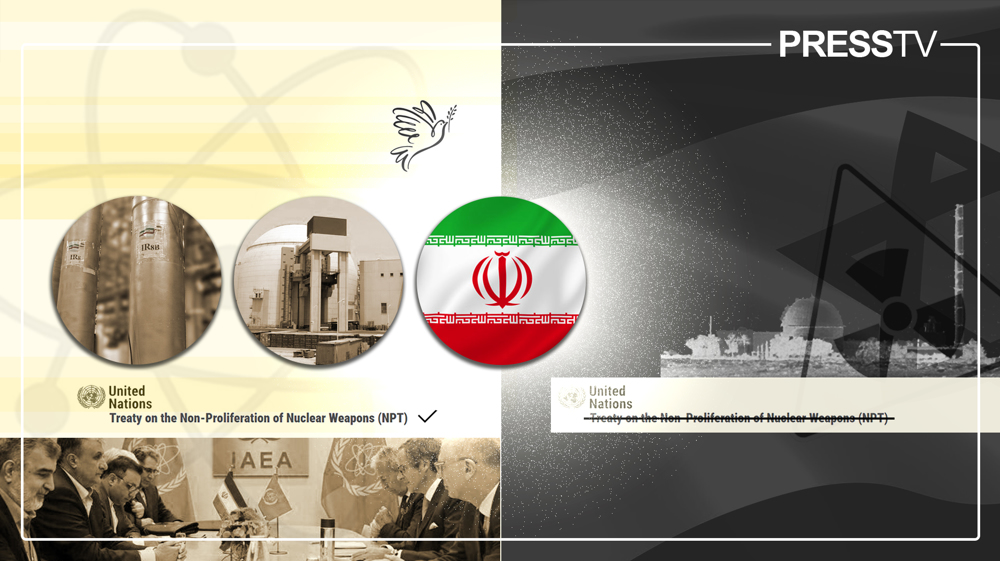
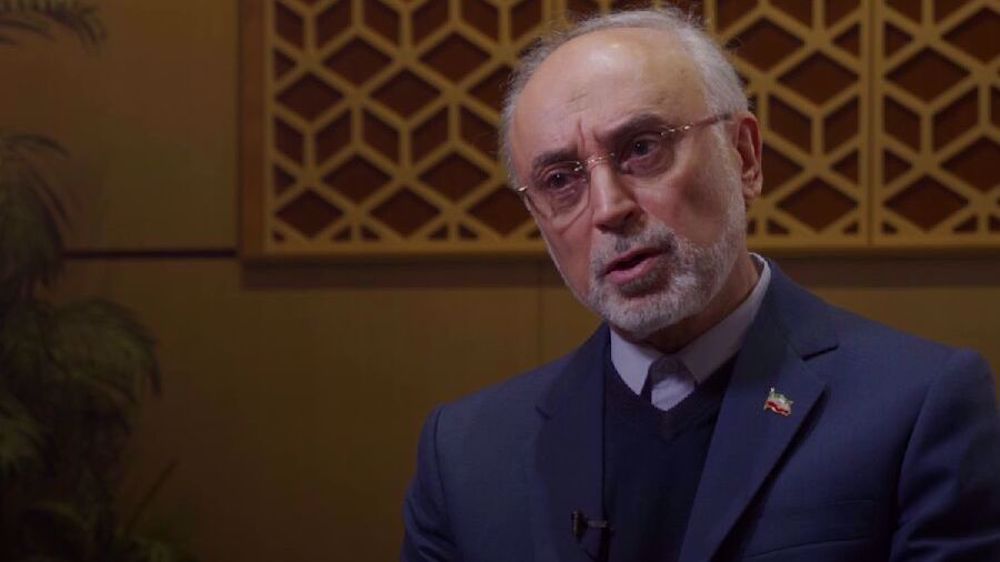
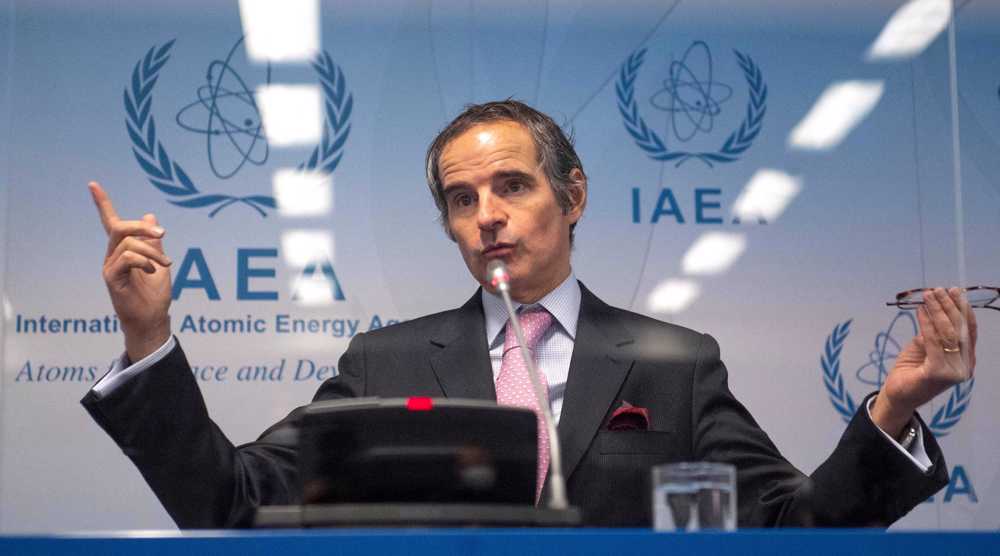
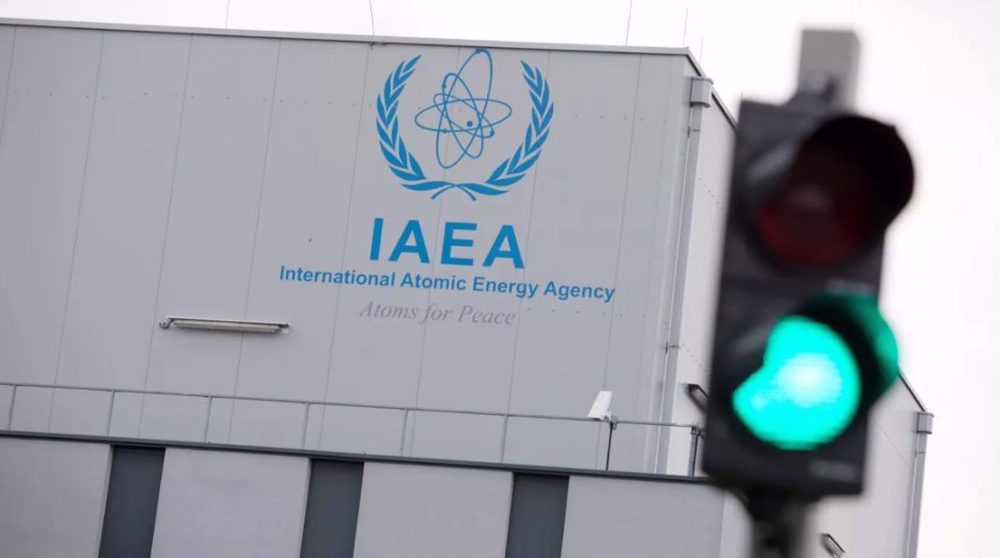
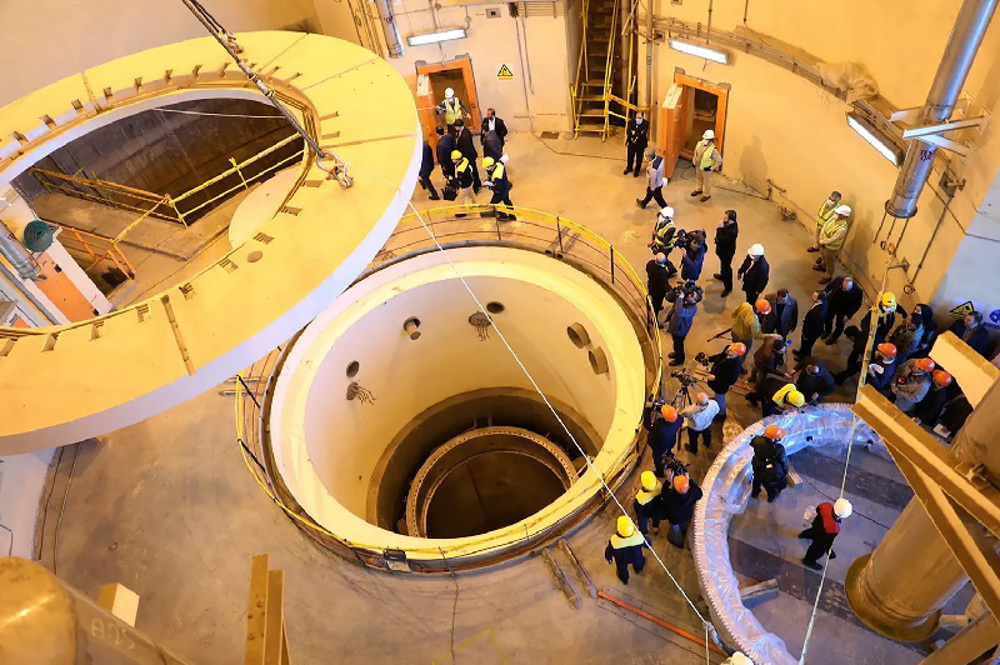
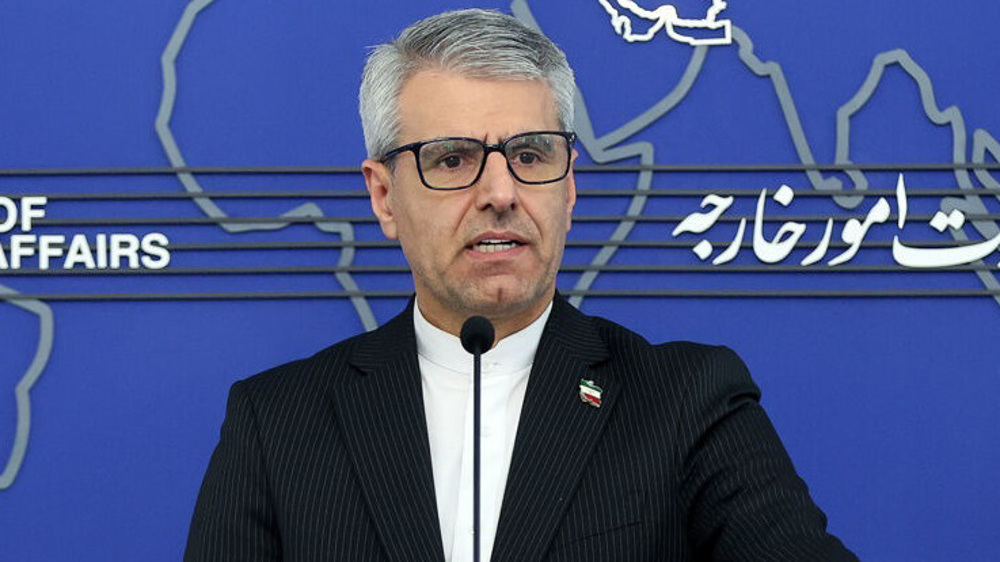
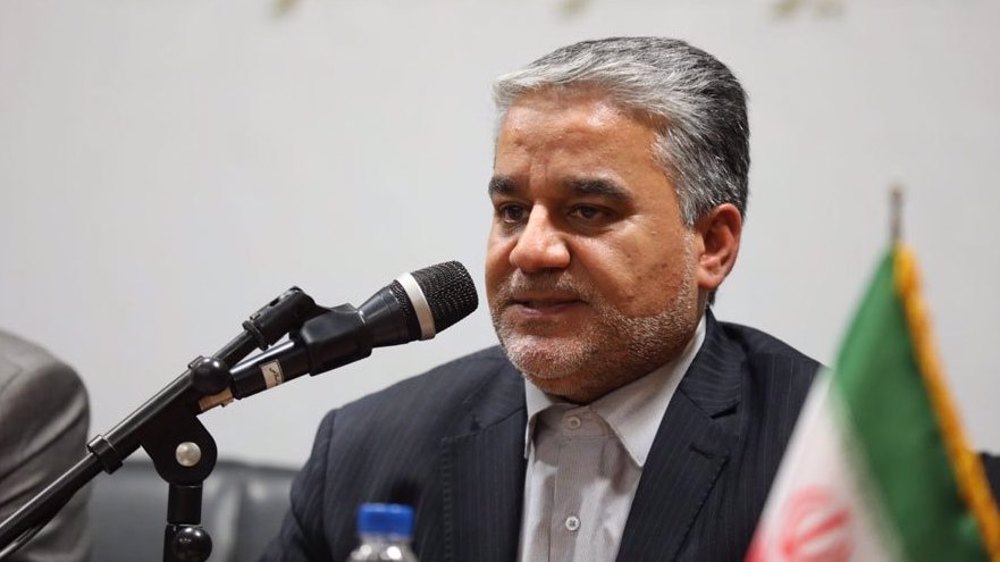



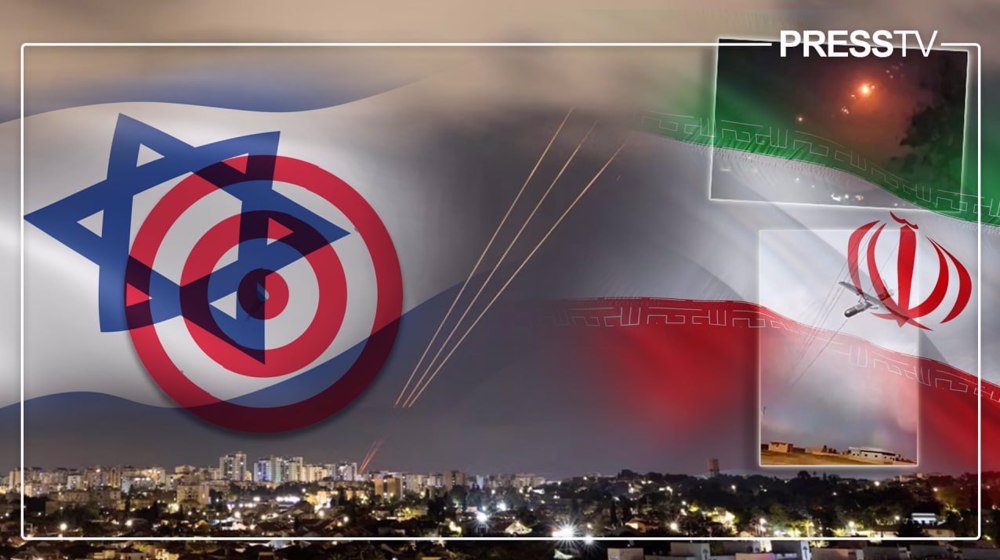
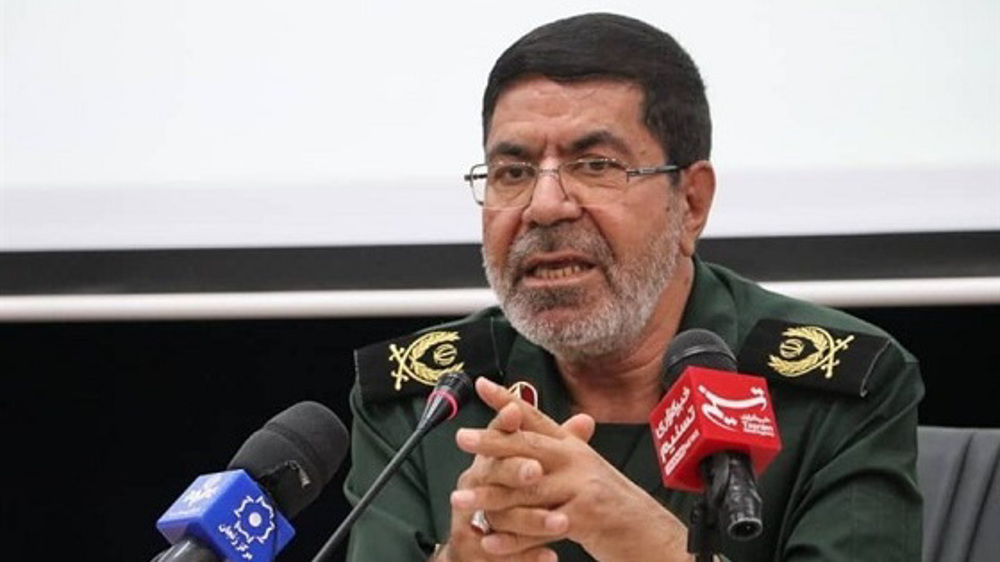
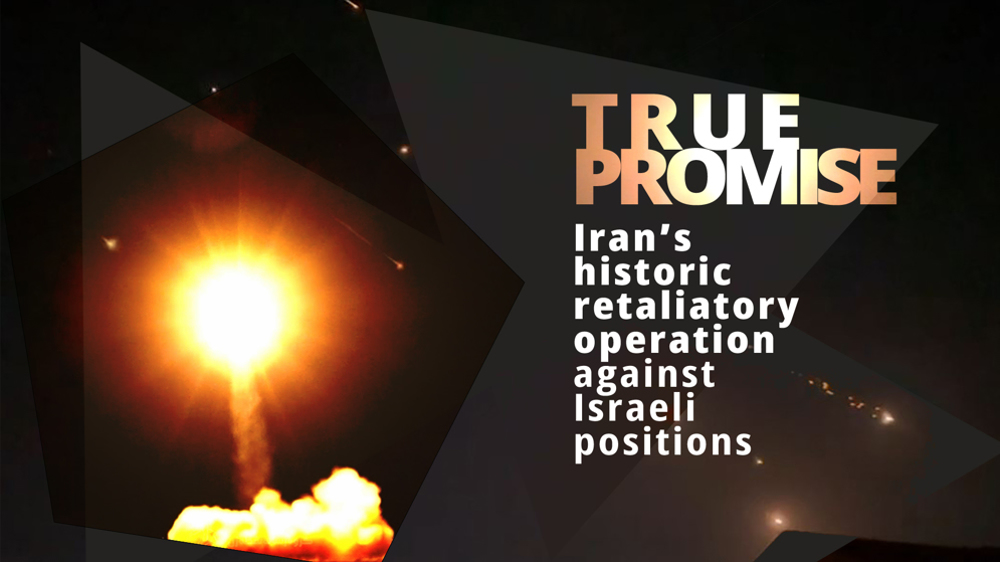
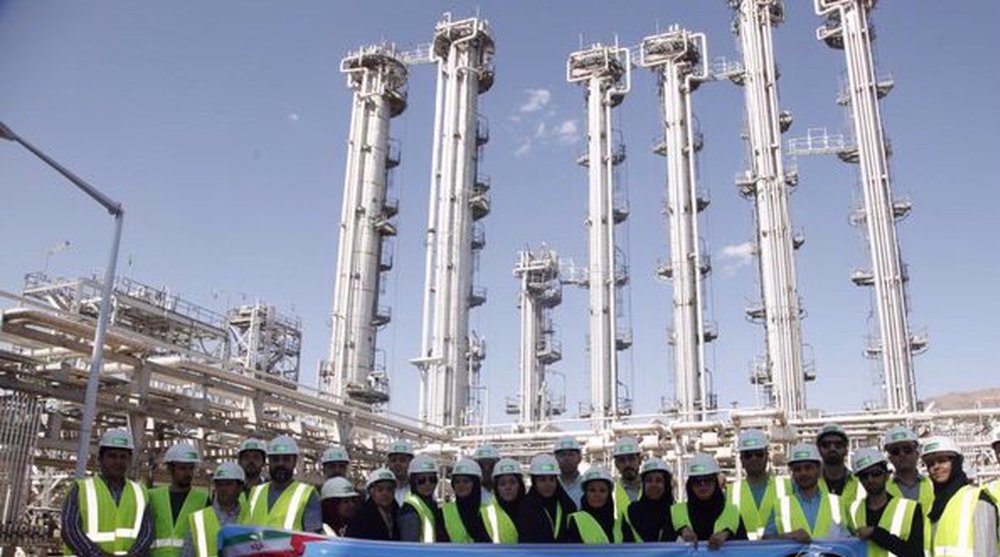

 This makes it easy to access the Press TV website
This makes it easy to access the Press TV website